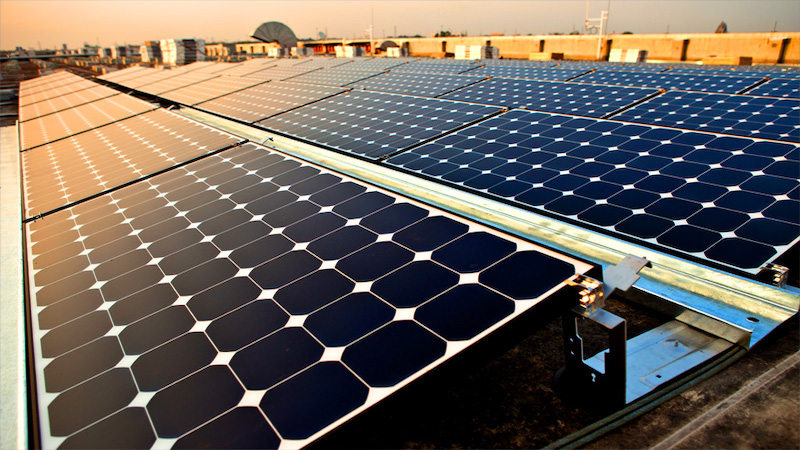It has been made clear to the nations of Latin America and the Caribbean that they need to move forward with the energy transition as soon as possible, including by increasing the production of renewable energy, ensuring that everyone has access to energy, and improving energy efficiency, among other things.
The requests came from participants at a high-level workshop that was held to assist in the preparation of a special report on the area for the World Energy Outlook (WEO) 2023 report of the International Energy Agency, which closes later on Friday.
With the purpose of creating a special report, the WEO-2023 Latin America Energy Outlook, which will be included in the following edition of the annual report produced by the International Energy Agency, the workshop is gathering data on the region’s energy-related requirements and prospects (IEA).
Read Also: us-indonesia-announce-synergy-on-small-modular-reactor-nuclear-clean-energy
It has brought together high-level officials from the IEA, ministerial authorities from various countries of the region, and experts from international, regional, and multilateral organizations such as the Economic Commission for Latin America and the Caribbean (ECLAC), the Latin American Energy Organization (OLADE) and the Inter-American Development Bank (IDB).
ECLAC’s Executive Secretary, José Manuel Salazar-Xirinachs, told the workshop that the energy transition not only constitutes an alternative for supporting access, energy security, and environmental sustainability but also serves as a driver of productive transformation and of the development pattern in the region.
“The current situation of cascading crises and their effects including increased poverty, a new lost decade in terms of economic growth, high inflation and fiscal restrictions have exposed the fragility and vulnerability of countries’ energy systems, with negative impacts on energy security, equality, and sustainability. These crises have especially affected households in the most vulnerable quintiles, worsening the poverty and inequality situation,” Salazar-Xirinachs said.
He recalled that despite progress on electricity coverage in the region, which reaches 97 percent of the population, there are still 16 million people without access to this vital service and 77 million who do not have access to clean cooking systems.
Story adapted from Loop
